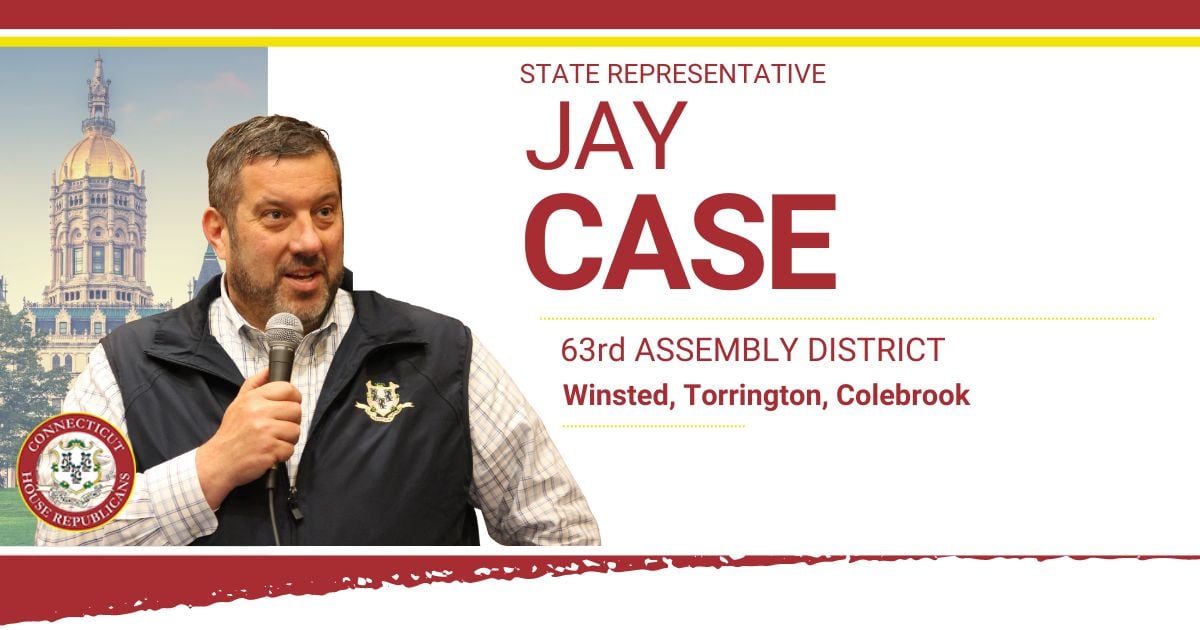Auto Dealers Intensify Opposition To Electric Vehicle Mandates

Table of Contents
Financial Burden of EV Infrastructure and Training
The transition to EVs presents substantial financial hurdles for auto dealers. Meeting the demands of the evolving market requires significant investment and adaptation. This translates into substantial costs impacting dealership profitability.
- High Upfront Costs: Installing EV charging stations necessitates considerable capital expenditure. Upgrading service facilities to handle the unique repair and maintenance needs of EVs adds another layer of cost. This is particularly challenging for smaller dealerships with limited financial resources.
- Specialized Training: Dealerships need to invest heavily in training their mechanics and sales staff to service and sell EVs effectively. This includes acquiring specialized tools and knowledge of EV technology, battery systems, and charging infrastructure. This represents a considerable investment in human capital, particularly given the rapid technological advancements in the EV sector.
- Reduced Profitability: Currently, the profit margins on EVs are often lower than on traditional internal combustion engine (ICE) vehicles. This lower profitability, coupled with the high upfront investment in infrastructure and training, creates a significant financial strain on dealerships. The uncertainty surrounding future EV sales further exacerbates these concerns.
- Stranded Assets: Dealerships risk investing in EV charging infrastructure that may become obsolete or underutilized if consumer adoption of EVs doesn't meet projections. This potential for stranded assets represents a significant financial risk for dealerships, especially those in areas with lower projected EV demand.
Concerns about Consumer Demand and Market Readiness
Beyond the financial challenges, auto dealers express serious concerns about the current state of the EV market and consumer readiness. Several factors fuel this skepticism.
- Pace of Consumer Adoption: The rate of EV adoption is still uncertain. While EV sales are increasing, they are not yet replacing ICE vehicles at a pace that justifies the massive investments required by dealerships. Market predictions vary significantly, leaving dealers unsure how to strategically allocate their resources.
- Limited Charging Infrastructure: The lack of widespread and reliable charging infrastructure, particularly outside major urban areas, remains a significant barrier to EV adoption. Range anxiety – the fear of running out of battery power – continues to deter many potential buyers. This limitation directly impacts the appeal and saleability of EVs, leaving dealers with limited demand.
- Range Anxiety and Perceived Limitations: Many consumers still perceive EVs as having limitations compared to gasoline-powered vehicles, such as shorter driving range and longer refueling (recharging) times. These perceptions, coupled with the infrastructure limitations, hinder consumer acceptance of EVs.
- Gradual Transition Argument: Dealers argue for a more gradual shift to EVs, allowing for a more organic market development and a more manageable transition for dealerships. They believe that forcing a rapid transition through mandates risks destabilizing the market and harming both consumers and businesses.
Regulatory Hurdles and Policy Uncertainty
The rapidly evolving regulatory landscape surrounding EVs adds another layer of complexity and uncertainty for auto dealers.
- Compliance Costs: Complying with increasingly stringent EV regulations is expensive and time-consuming. Dealerships face significant costs associated with meeting these standards, adding to their financial burden.
- Inconsistent Government Policies: The lack of consistent and predictable government policies regarding EV incentives and mandates creates uncertainty for dealerships. Frequent changes in regulations make long-term planning and investment decisions difficult and risky.
- Lack of Regulatory Clarity: The absence of clarity regarding future regulations adds to the uncertainty faced by dealerships. This makes it difficult to make informed investment decisions about EV infrastructure and training.
- Phased-In Implementation: Dealers advocate for a phased approach to implementing EV mandates, allowing for a smoother transition and minimizing the financial disruption experienced by dealerships.
The Impact on Rural Dealerships
Rural dealerships face even greater challenges in adapting to the EV transition. The lower population density and the sparsity of charging infrastructure in rural areas significantly reduce the demand for EVs, making it extremely difficult for these businesses to justify the considerable investments needed. This situation highlights the disproportionate impact of EV mandates on small businesses and rural communities. They need tailored government support programs to help them navigate this difficult transition and ensure their continued economic viability.
Conclusion
The opposition to electric vehicle mandates from auto dealers is not simply about resisting change; it stems from legitimate economic concerns. The high upfront costs of EV infrastructure, the need for specialized training, the uncertain pace of consumer adoption, and the unpredictable regulatory landscape create significant challenges for dealerships, especially those in rural areas. Ignoring these valid concerns risks undermining the very transition towards EVs that these mandates aim to achieve. A successful transition requires a collaborative effort, involving policymakers, manufacturers, and dealers, to address the challenges and ensure a smooth and equitable shift to electric vehicles. Join the conversation and help find solutions to address the complexities surrounding electric vehicle mandates and their impact on the automotive industry.

Featured Posts
-
 Talladega Superspeedway 2025 Your Guide To Nascar Jack Link 500 Prop Bets
Apr 28, 2025
Talladega Superspeedway 2025 Your Guide To Nascar Jack Link 500 Prop Bets
Apr 28, 2025 -
 Red Sox Breakout Star An Under The Radar Players Unexpected Rise
Apr 28, 2025
Red Sox Breakout Star An Under The Radar Players Unexpected Rise
Apr 28, 2025 -
 The Future Of Browsers Perplexity Ceos Strategy To Beat Googles Ai
Apr 28, 2025
The Future Of Browsers Perplexity Ceos Strategy To Beat Googles Ai
Apr 28, 2025 -
 Mets Biggest Rival A Starting Pitchers Breakout Season
Apr 28, 2025
Mets Biggest Rival A Starting Pitchers Breakout Season
Apr 28, 2025 -
 Tesla And Tech Stocks Drive Us Market Surge
Apr 28, 2025
Tesla And Tech Stocks Drive Us Market Surge
Apr 28, 2025
